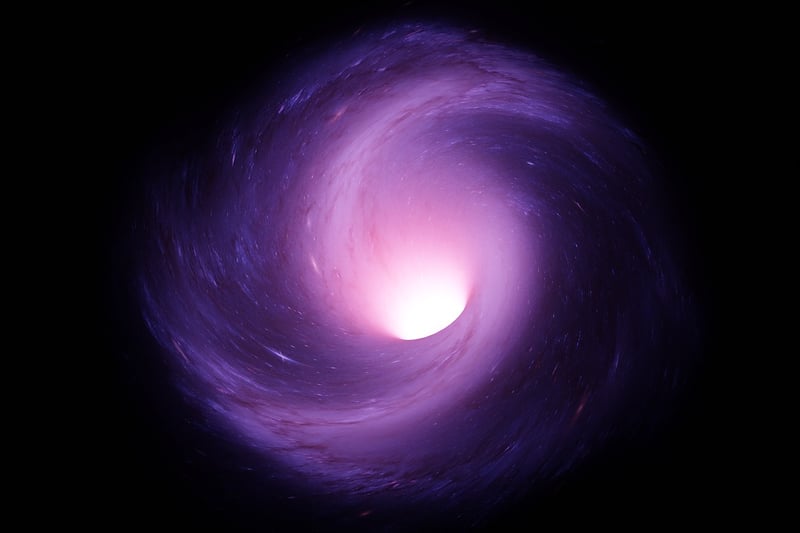Wormholes
Theories and Concepts: Wormholes
Wormholes, also known as Einstein-Rosen bridges, are fascinating theoretical concepts in physics that have captured the imagination of scientists and science fiction enthusiasts alike. These hypothetical structures are believed to be shortcuts through spacetime, potentially connecting two distant points in the universe.
What are Wormholes?
Wormholes are theoretical passages through spacetime that create shortcuts for long journeys across the universe. They are often depicted as tunnels with two ends, each opening potentially in different locations or even different universes.
The Science behind Wormholes
According to the theory of general relativity proposed by Albert Einstein, wormholes could exist as solutions to the equations. These structures would require exotic matter with negative energy density to keep them stable and prevent them from collapsing.
Traversable Wormholes
One of the most intriguing aspects of wormholes is the concept of traversable wormholes. These are hypothetical tunnels that could be used for travel between different points in spacetime, offering a shortcut through the vast cosmos.
Interstellar Travel and Time Travel
Wormholes have been a popular subject in science fiction, often portrayed as gateways for interstellar travel or even time travel. While the scientific feasibility of such travel remains uncertain, the theoretical possibility of wormholes has sparked numerous discussions among physicists.
Conclusion
Wormholes are captivating theoretical constructs that push the boundaries of our understanding of the universe. While their existence has yet to be proven, the exploration of these concepts continues to inspire scientific research and fuel the imagination of those intrigued by the mysteries of spacetime.

Explore more about wormholes and other fascinating concepts in physics to delve deeper into the mysteries of the cosmos.
References: Wormhole - Wikipedia
